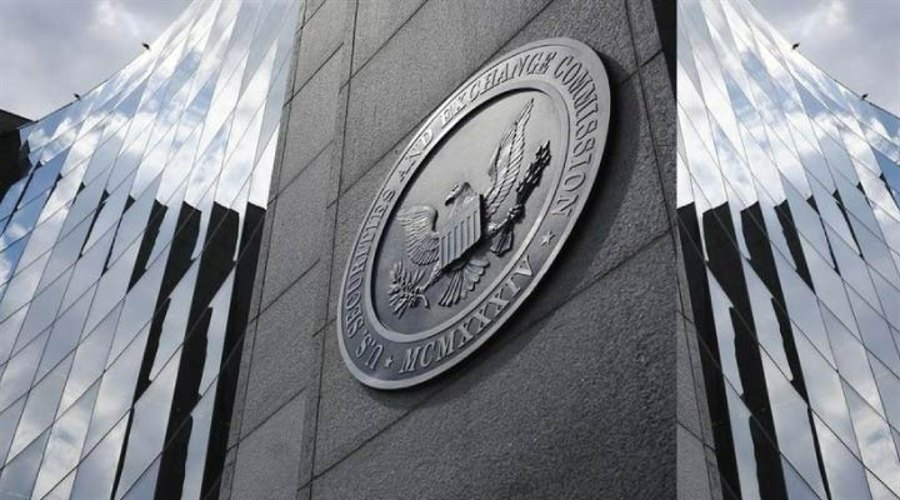Grayscale
Investment, the Connecticut-based crypto asset manager, has scored a legal
victory over the US Securities and Exchange Commission (SEC). Today (Tuesday),
the US Court of Appeals for the District of Columbia Circuit ruled that the
SEC’s rejection of the company’s proposal to
convert its Grayscale Bitcoin Trust (GBTC)into a spot Bitcoin (BTC)
exchange-traded fund (ETF) was “arbitrary and capricious”.
A spot BTC EFT tracks the current market price of Bitcoin, the pioneer
and largest cryptocurrency in the world. The instrument enables investors to get
indirect exposure to BTC.
In October
2021, Grayscale, a subsidiary of the Digital Currency Group, applied with the
SEC to list its ETF on the stock exchange, NYSE Acra. However, in June last year, the
securities regulator denied the application, noting that the proposed ETF
“was not designed to prevent fraudulent and manipulative acts and practices.” Grayscale subsequently launched a legal challenge against the regulator.
SEC turned
down Grayscale’s proposal despite approving two
Bitcoin futures ETFs, Teucrium Bitcoin Futures Fund and Valkyrie XBTO Bitcoin Futures Fund,
in April and May 2022, respectively. Furthermore, the securities watchdog accepted the issuing companies’
surveillance-sharing agreement with the Chicago Mercantile
Exchange (CME) as
satisfactory.
However,
Grayscale’s proposal was denied despite the fact that NYSE Arca has the same
surveillance-sharing agreement with the CME. Instead, the SEC concluded
there was a risk that trading in Grayscale’s ETF would have a “predominant
influence on prices” in the CME bitcoin futures market.
In a decision reached on Tuesday, a panel
of judges at the appellate court criticized the SEC for failing to explain
why it offers “different
treatments” to similar
products. The court, therefore, ordered the regulator to “vacate” its order
against Grayscale.
“NYSE Arca
presented substantial evidence that Grayscale is similar, across the relevant
regulatory factors, to bitcoin futures ETPs,” Circuit Judge Neomi Rao explained
in a court filing. “The
Commission failed to adequately explain why it approved the listing of two
bitcoin futures ETPs but not Grayscale’s proposed bitcoin ETP.”
Rao added:
“In the absence of a coherent explanation, this,…
























